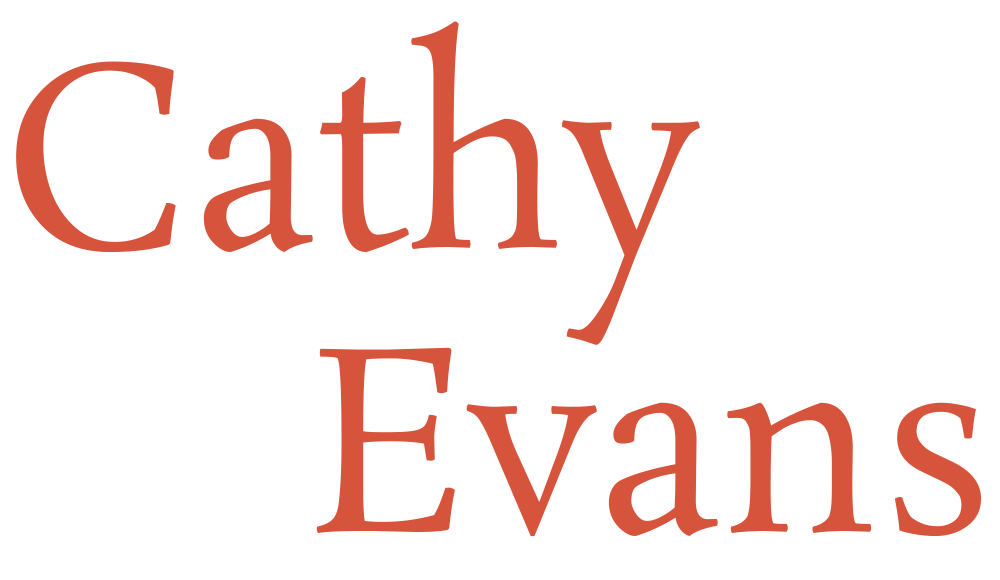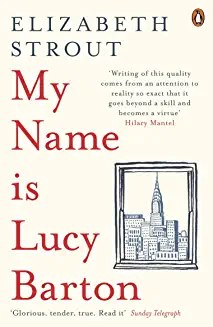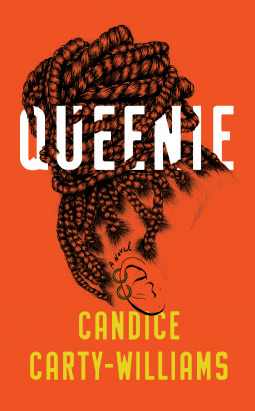On the surface, this is an easy, quick read with occasional flashes of brilliant and thought-provoking writing, alternating with observations that can only be described as banal. Much like life, this book poses many questions, but provides very few answers.
Lucy begins her tale from a hospital bed, where she awakens to find that her mother has been summoned by her husband to ‘babysit’ her. They have not seen each other in years. Lucy has made a life for herself far from the ‘poor white trash’ family she was born to, but her mother’s visit conjures up all the folks she grew up with and has left behind, most of whom have had severely disappointing relationships.
Lucy’s story is revealed in layers, like the peeling of an onion, but it’s very self-consciously done… she’s a writer who alludes to writing her story, the one we’re reading, and she even has a writing mentor in the novel, a character named Sarah Payne who tells her that everyone only has one tale to tell, but they can tell it many times and in many different ways.
Lucy’s story is of her family and her childhood. She can’t tell the story of her marriage, which is a shame, as her relationship with her husband is far more intriguing, revealed in only brief flashes.
For such a slim novel, it deals with very weighty themes: poverty, snobbery, shame, Nazism, homosexuality, the AIDS crisis of the 80s, betrayal, the intricacies of step-relations and the heavy ties of family, even when the family in question is so senselessly abusive and cruel. ‘I kept thinking how the five of us had had a really unhealthy family, but I saw then too how our roots were twisted so tenaciously around one another’s hearts.’
Almost as a throwaway comment, toward the end of the novel, we find that Lucy’s daughters, who are no more than sketches, are filled with rage at her for leaving their father. Her reasons are not fully explained. She says of her writing mentor, Sarah Payne: ‘I think how she spoke of the fact that we all have only one story, and I think I don’t know what her story was or is. I like the books she wrote. But I can’t stop the sense that she stays away from something.’ No kidding, Lucy – ultimately so do you.



